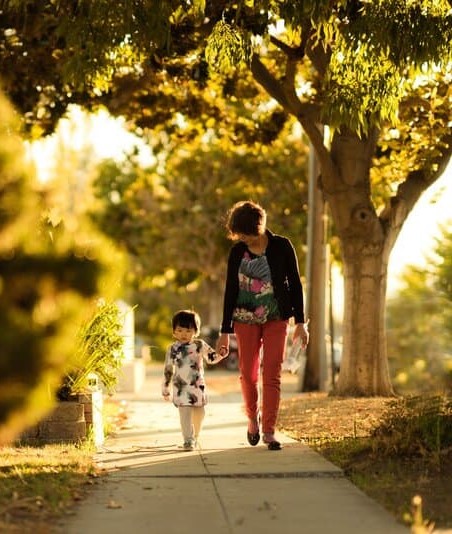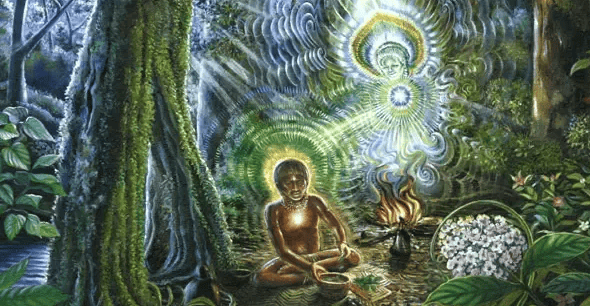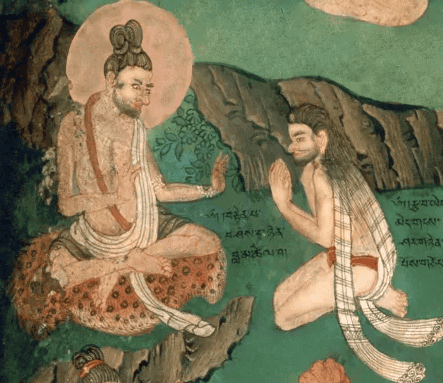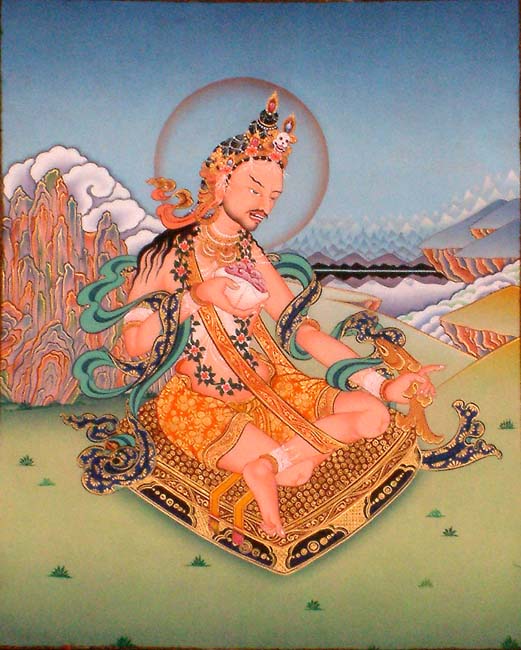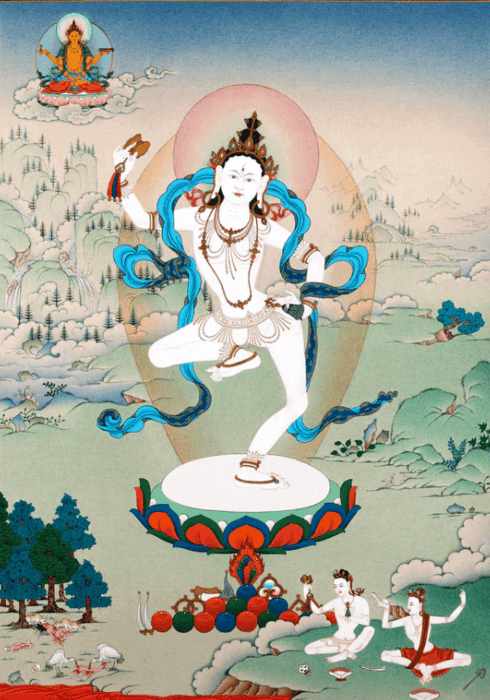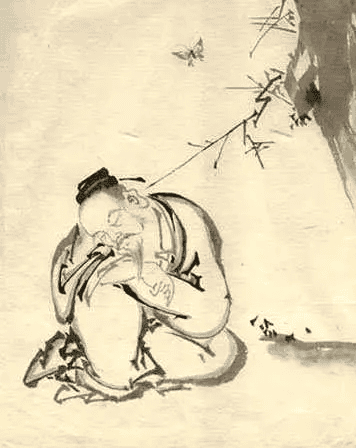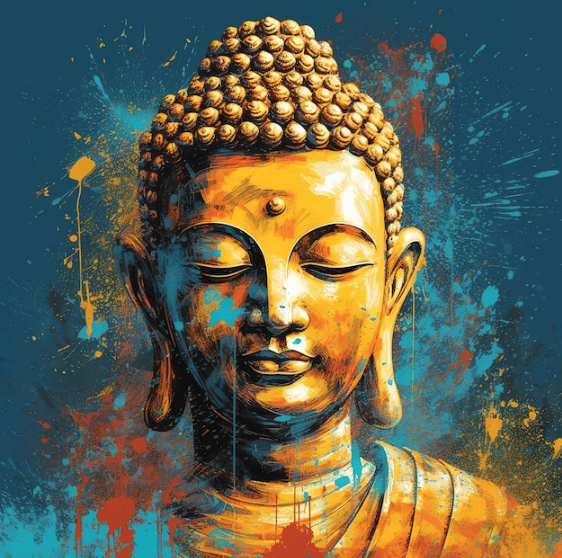Sleep … the Final Frontier!
Captain Kirk may have been right as far as exploration of the ‘outer realms’ was concerned, but for my ‘inner exploration’ I’ve no doubt whatsoever what the hardest aspect of practice is, and which has remained stubbornly resistant to transformation … Sleep, or rather … the lack of it! No other aspect of life has […]
Sleep … the Final Frontier! Read Post »


